Category: Conference
-
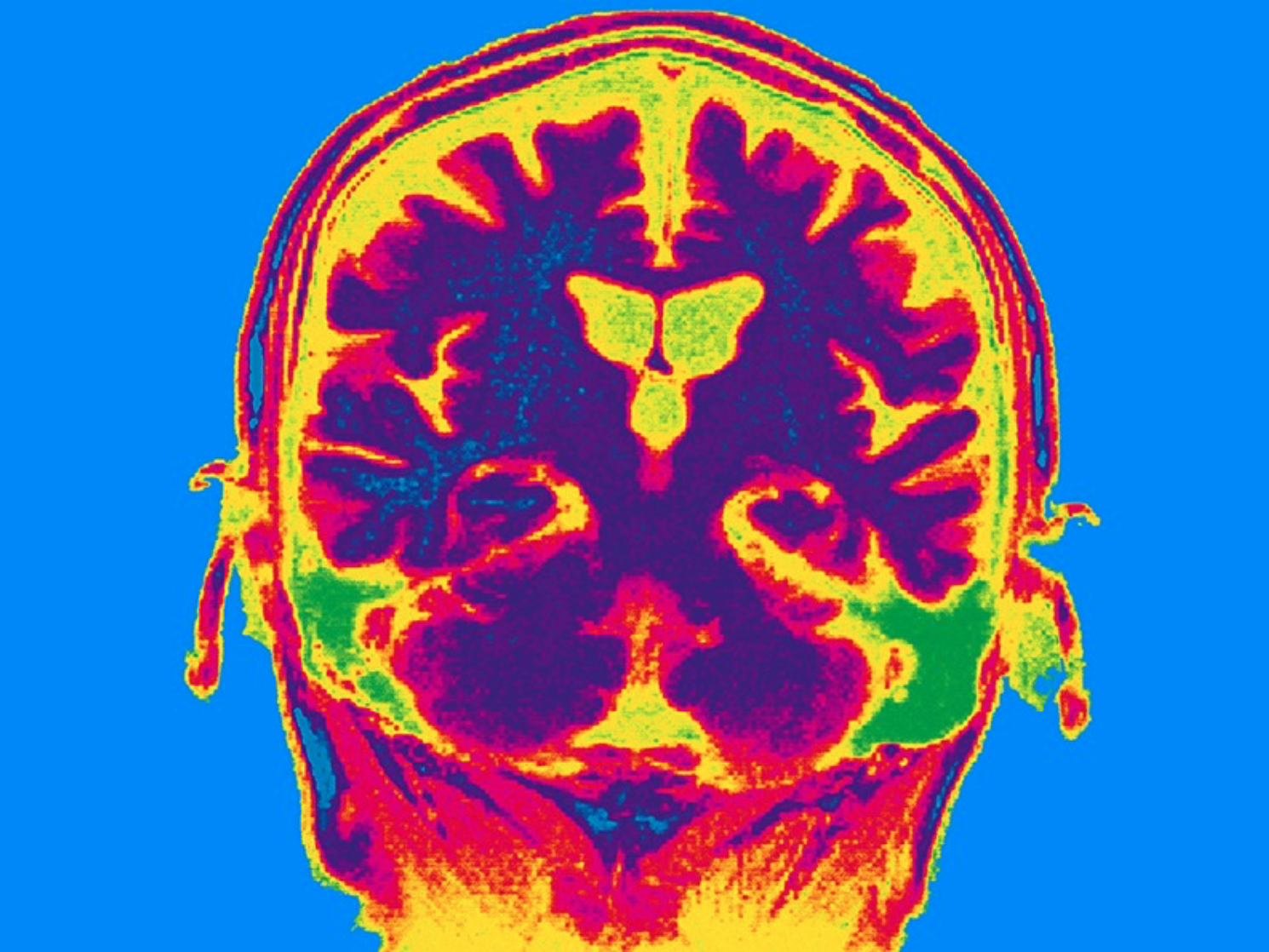
Sponsor ApplySci NYC 2025
ApplySci is bringing its neurotech conference back to NYC in 2025. If you are interested in partnering, sponsoring, or speaking, please contact Lisa Weiner Intrator. We are delighted to be back in New York, after 8 years at Stanford and MIT, and hope that you will join our effort.
-
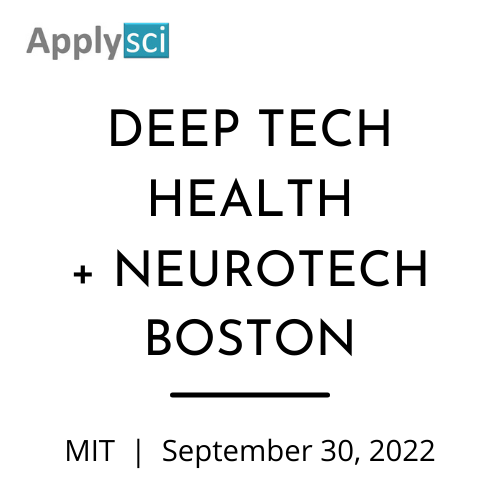
ApplySci’s 14th Wearable Tech + Digital Health + Neurotech conference returns to MIT on September 30, 2022. ApplySci’s 14th Deep Tech Health + Neurotech conference returns to MIT on September 30, 2022, focused on healthy longevity – understanding, detecting, treating and preventing disease through technology. Topics include: ApplySci will have exclusive use of the 7th floor of the…
-
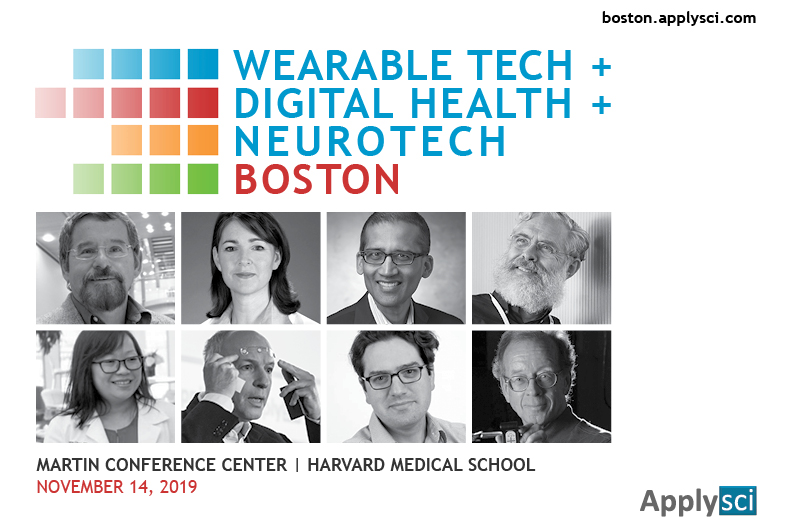
November 14 – Harvard Medical School
Join ApplySci at the 12th Wearable Tech + Digital Health + Neurotech Boston conference on November 14, 2019 at Harvard Medical School featuring talks by Brad Ringeisen, DARPA – Joe Wang, UCSD – Carlos Pena, FDA – George Church, Harvard – Diane Chan, MIT – Giovanni Traverso, Harvard | Brigham & Womens – Anupam Goel, UnitedHealthcare – Nathan Intrator,…
-
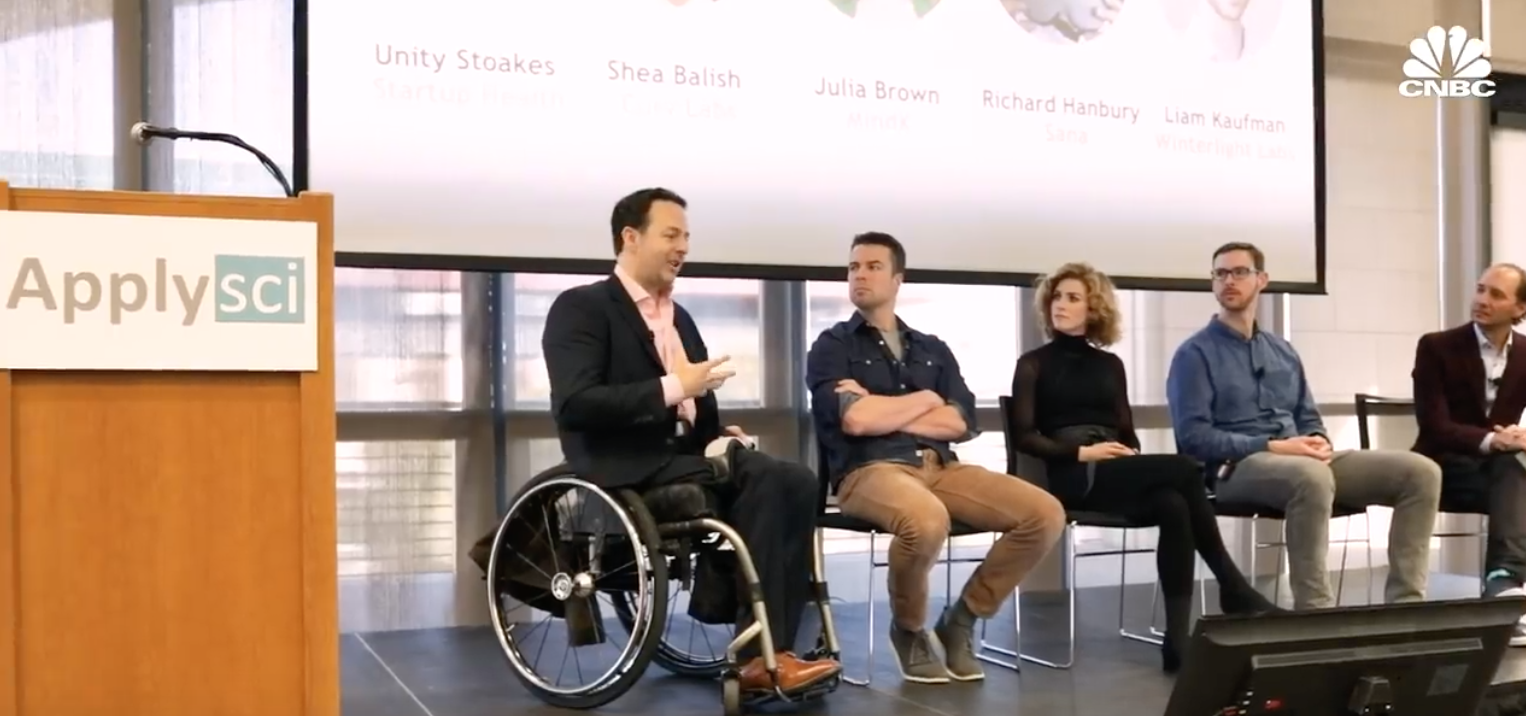
CNBC feature on Sana Health | Feb 22, 2019 – ApplySci @ Stanford
Richard Hanbury discussed Sana Health‘s pain management technology at Wearable Tech + Digital Health + Neurotech Silicon Valley, on February 22, 2019 at Stanford. ApplySci was delighted that CNBC chose to film this segment at the conference. Click to view CNBC video Join ApplySci at the 11th Wearable Tech + Digital Health + Neurotech Boston…
-
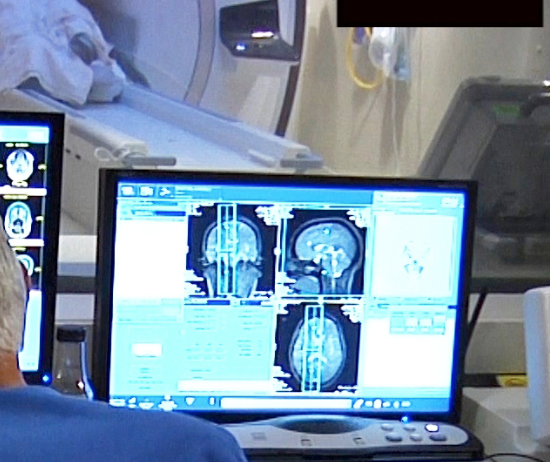
Focused ultrasound thalamotomy in Parkinson’s Disease
UVA’s Scott Sperling and Jeff Elias, who already used focused ultrasound to treat essential tremor, have just published the results of a small study showing the efficacy of the technology in Parkinson’s Disease. The sound waves were shown to interrupt brain circuits responsible for the uncontrollable shaking associated with the disease. The researchers claim that their study…
-
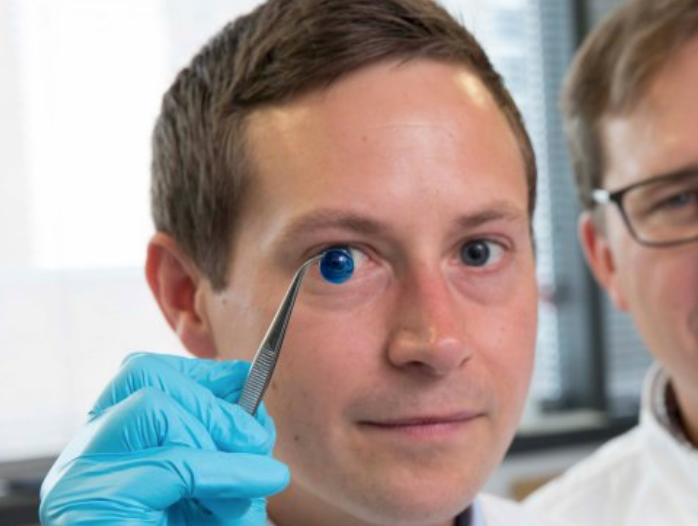
Proof of concept 3D printed cornea
Newcastle University’s Che Connon has developed proof-of-concept research that could lead to a 3D printed cornea. Stem cells from a healthy donor cornea were mixed with alginate and collagen to create a printable bio-ink. A 3D printer extruded the bio-ink in concentric circles to form the shape of a human cornea in less then 10 minutes. The…
-
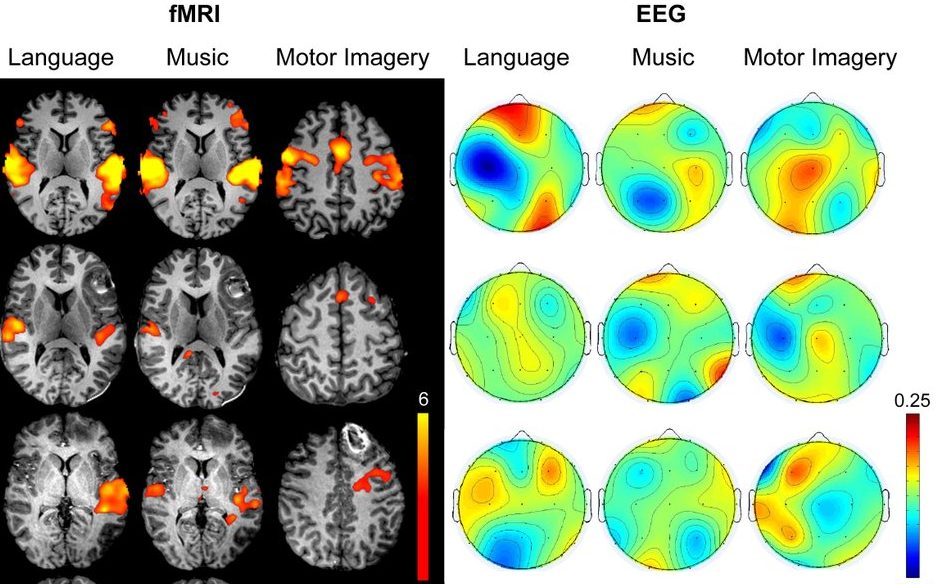
fMRI + EEG used to detect consciousness in ICU patients
MGH’s Brian Edlow and colleagues have completed a small study showing the efficacy of using fMRI and EEG in ICU TBI patients to detect consciousness. Previous research has suggested that up to 40% of conscious patients are misclassified as unconscious. The goal is to create a more informed care plan, and earlier interventions that could improve…
-
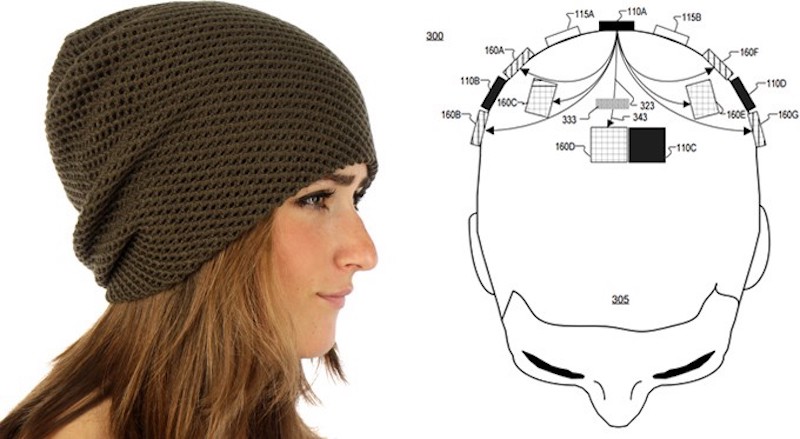
Wearable, high resolution, continuous opto-electronic monitoring
MRI, disrupted. Mary Lou Jepsen’s background in consumer electronics, computers, TV, VR, wearables, healthcare and software at Google x, Facebook, and Oculus has led to the creation of Openwater — a company that will enable us to see the inner workings of the body and brain. At high resolution, continuously. Using novel opto-electronics, the company…
-
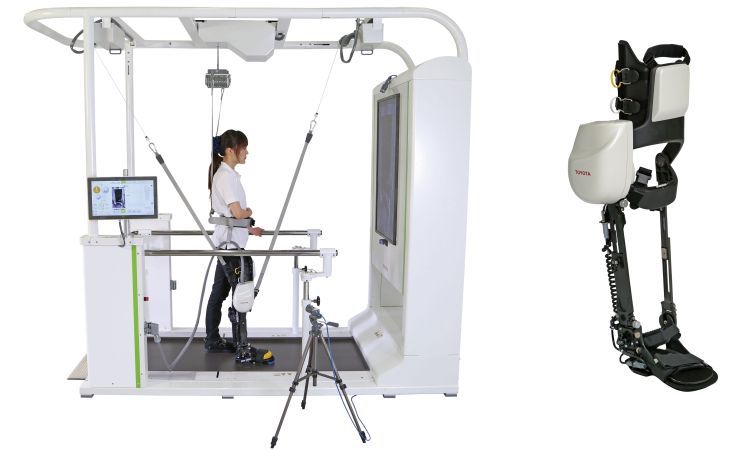
Robotic leg brace helps stroke patients walk
Toyota’s Welwalk WW-1000 exoskeleton is designed to help those with paralysis on one side of their body walk again. The frame is worn on the affected leg, with a motor at the knee joint that provides calibrated assistance based on a user’s ability. Wearers are trained to recover their walking ability over time. The robotic device…
-
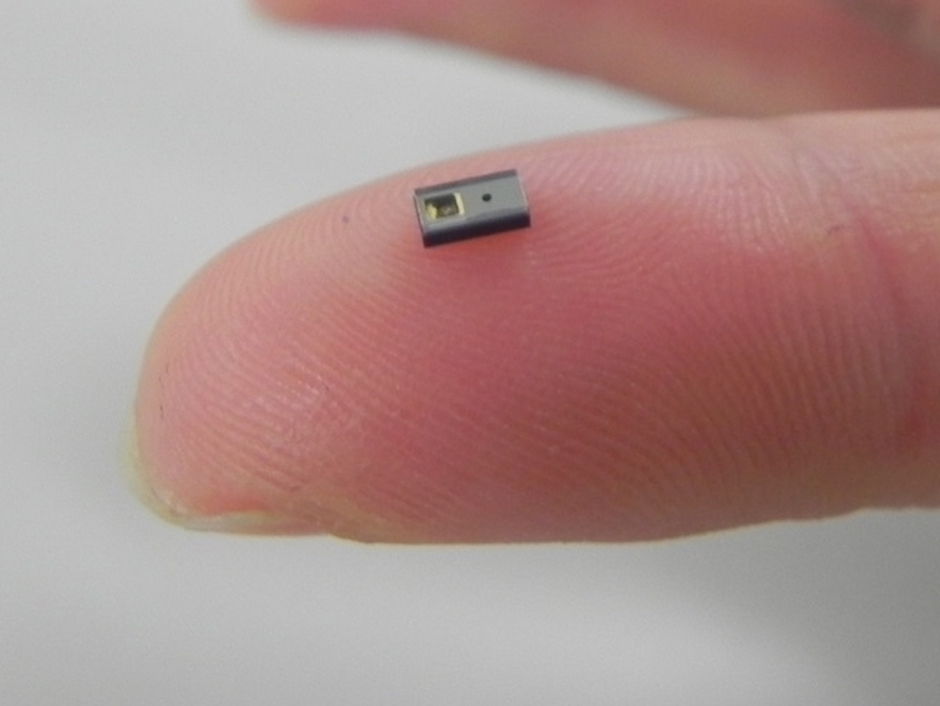
Tiny wearable sensor measures blood flow
Kyocera has developed a tiny optical sensor to measure blood flow volume in subcutaneous tissue, meant to be integrated into a phone or wearable. Potential applications include monitoring stress and preventing dehydration, heat stroke, and altitude sickness. The device will be used in/on an ear, finger or forehead, to measure the velocity-driven frequency of reflected…
-
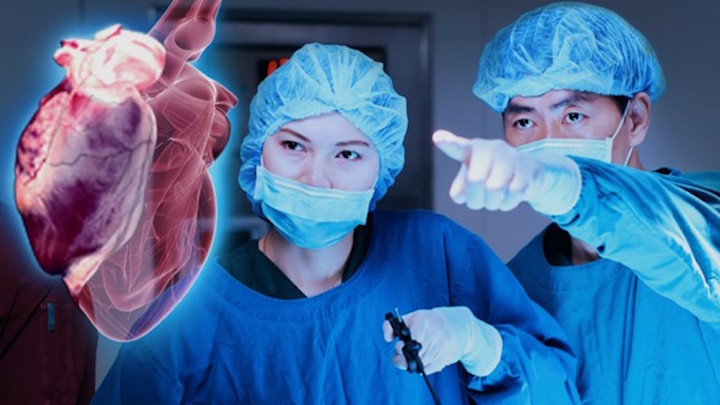
“Mixed Reality” headset could support surgery, rehab, learning
Magic Leap has unveiled its “mixed reality” headset, where virtual objects are integrated into the real world. In addition to obvious gaming and entertainment applications, the system could be used in healthcare (including in surgery, surgery preparation, and orthopedic rehabilitation) and education. The company remains vague in its description of its technology, but head and…
-
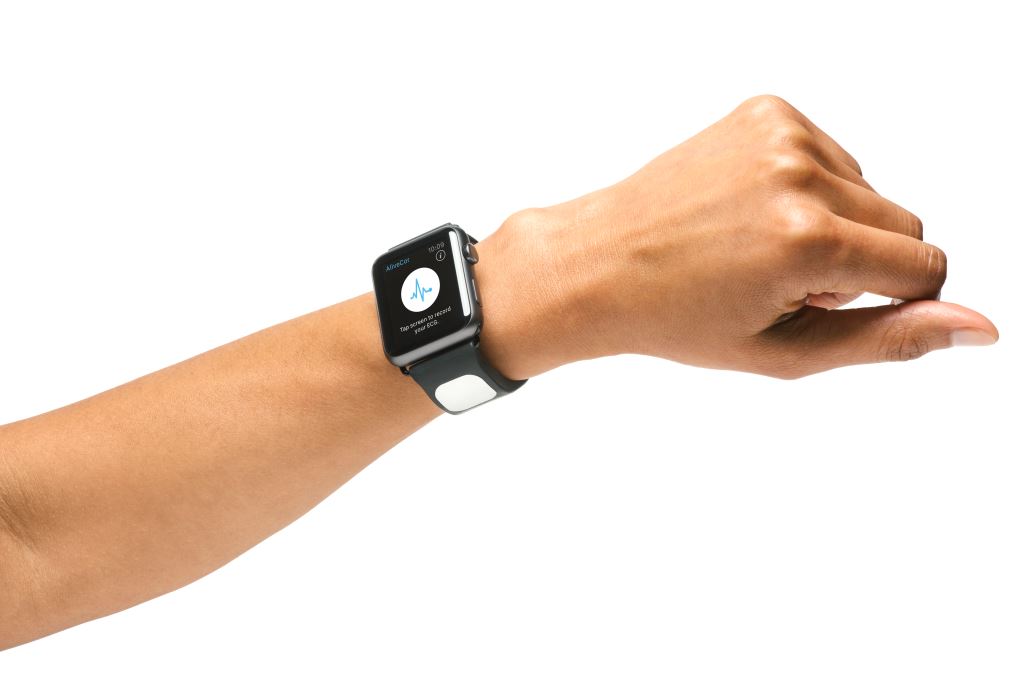
Wrist-worn wearable detects Atrial Fibrillation, sends alerts
AliveCor is known for its FDA approved mobile EKG, which attaches to a phone or tablet. The company has just announced Kardia – an Apple Watch band that, when a sensor is pressed and paired with an app, can provide and accurate EKG, incorporate a user’s spoken symptoms into its analysis, and share data. AliveCor said that…